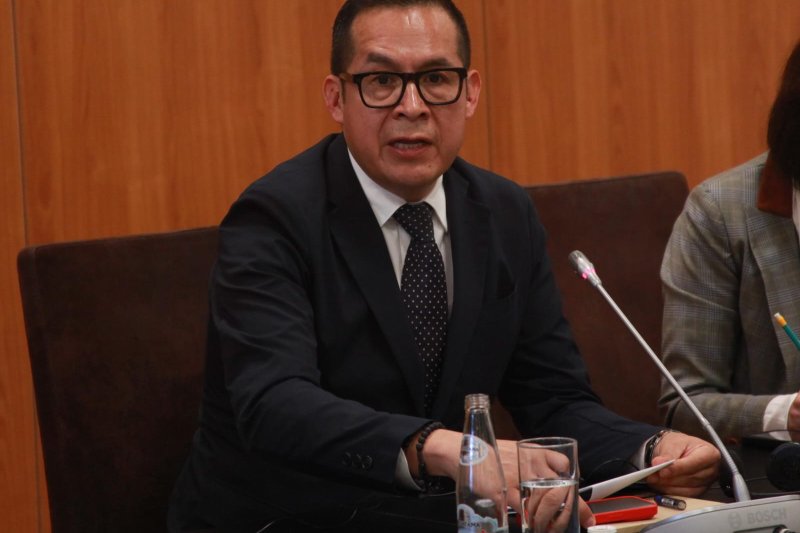WB Adjusts 2024 GDP Growth Forecast to 3.3%
The World Bank expects Albania's gross domestic product (GDP) to grow 3.3% in 2024, slightly increasing its January projection by 0.1 percentage points (pp).
The 2023 GDP growth estimate for Albania stands at 3.3%, lower than the 3.6% estimate in January, the World Bank said in its Spring Western Balkans Economic Outlook report on Thursday. The 2025 GDP growth projection has been revised upwards by 0.2 pp to 3.4%.
From a regional perspective, the World Bank expects growth in the Western Balkans to accelerate to 3.2% in 2024, compared with the 2.6% expansion estimated for 2023. “While the region is expected to return to its pre-pandemic trend in 2024, this is insufficient to enable faster convergence with EU income levels over the medium term. The EU’s new Growth Plan for the Western Balkans, approved in late 2023, offers an opportunity to catalyze growth-enhancing reforms and investments,” the World Bank said.
Cooling job markets, domestic inflationary pressures, and weaker investment due to weak growth in the Eurozone might hinder economic growth, the World Bank noted.
Economic growth in the Western Balkans is projected to rise in 2024, with further acceleration expected in 2025, bringing it back to pre-pandemic averages, according to the report.
To narrow the development gap with the European Union and improve living standards for its people, the region needs to continue implementing reforms. This includes increasing investments to make cities greener, allowing them to contribute more efficiently to overall economic development, says the World Bank’s new Western Balkans Regular Economic Report, released on Thursday.
Economic activity in the Western Balkans is expected to increase to 3.2 percent this year, 0.2 percentage points higher than anticipated by the World Bank in the previous edition of the report, and further to 3.5 percent in 2025.
The individual forecasts for six economies of the Western Balkans: Albania, Bosnia and Herzegovina, Kosovo, Montenegro, North Macedonia, and Serbia, were included in the World Bank’s Economic Update for Europe and Central Asia.
“After years of turbulence caused by the COVID-19 pandemic and energy crisis, it is encouraging to witness the Western Balkans’ growth returning to pre-pandemic levels and poverty continuing on a declining trend,” said Xiaoqing Yu, World Bank Country Director for the Western Balkans. “However, the current progress is still insufficient to meet the aspirations of citizens and improve living standards towards those of the European Union. The Union’s new Growth Plan for the Western Balkans presents an opportunity to stimulate economic development through reforms and investments, particularly in the green economy”.
A six-billion-euro Plan will help the region strengthen economic ties with the European Union, its largest trading partner, and implement reforms to enhance economic integration within the Western Balkans. According to the World Bank, making improvements such as reducing border clearance times and modernizing payment systems in the region can lead to significant economic benefits for the countries involved.
Investing in the green transition and enhancing the livability of cities in the Western Balkans could also help reinvigorate regional growth, according to the World Bank report.
The report recommends actions on three main fronts to green and strengthen cities in the Western Balkan.













